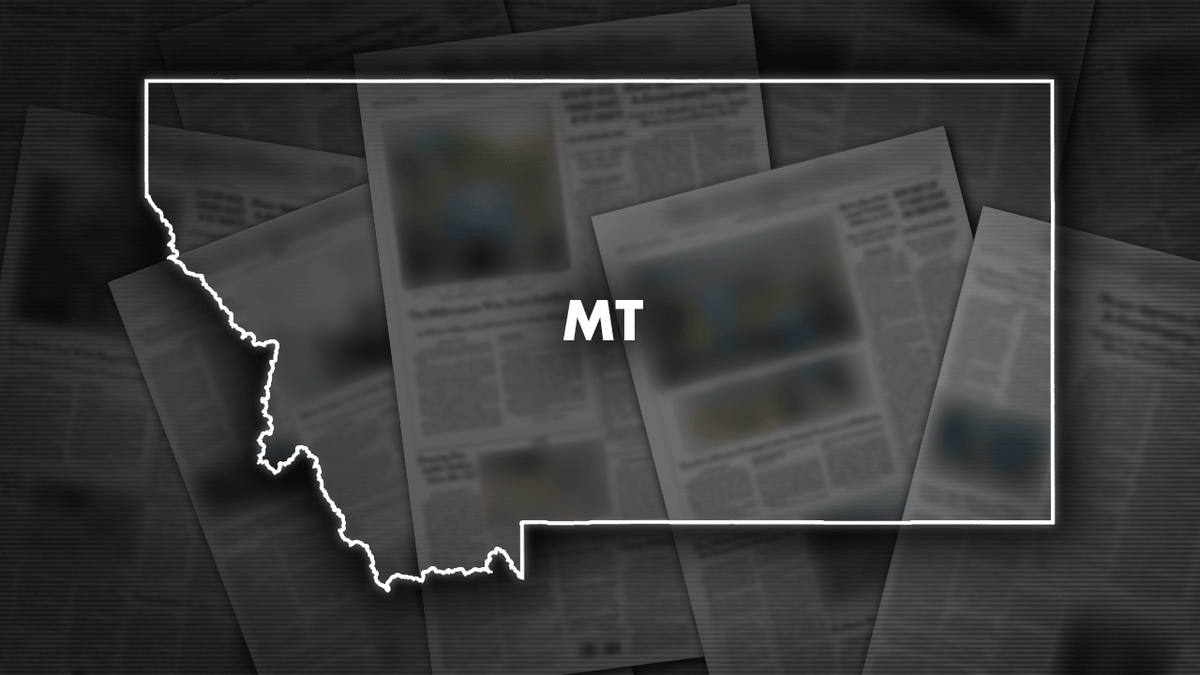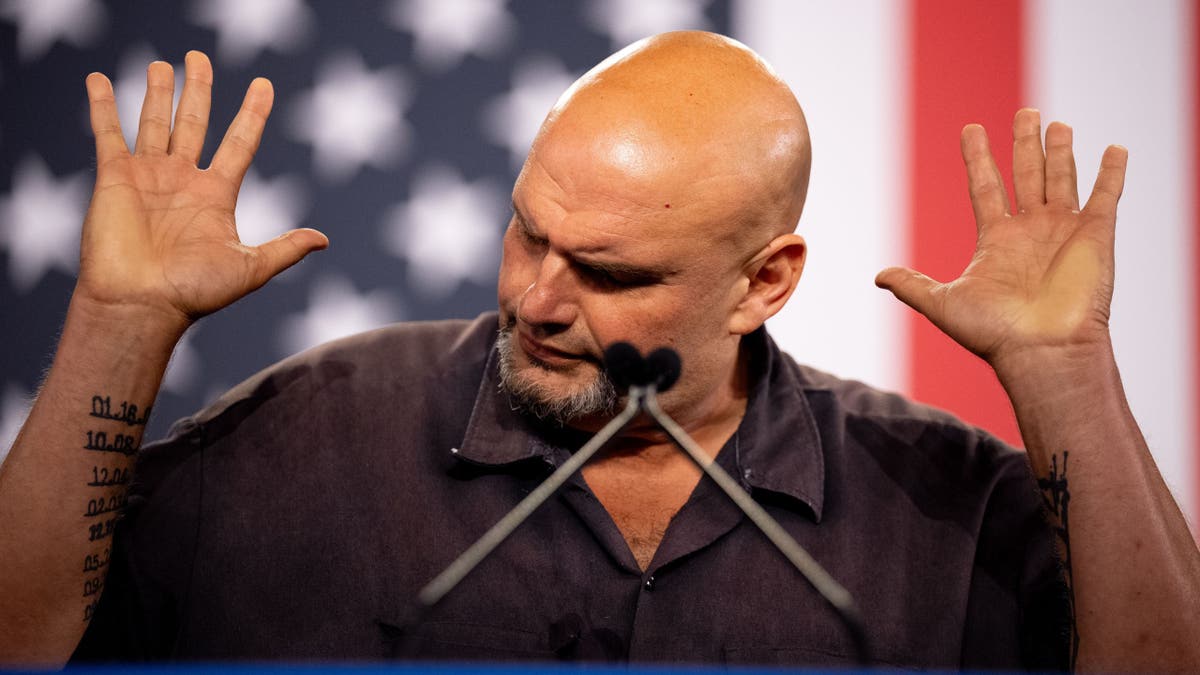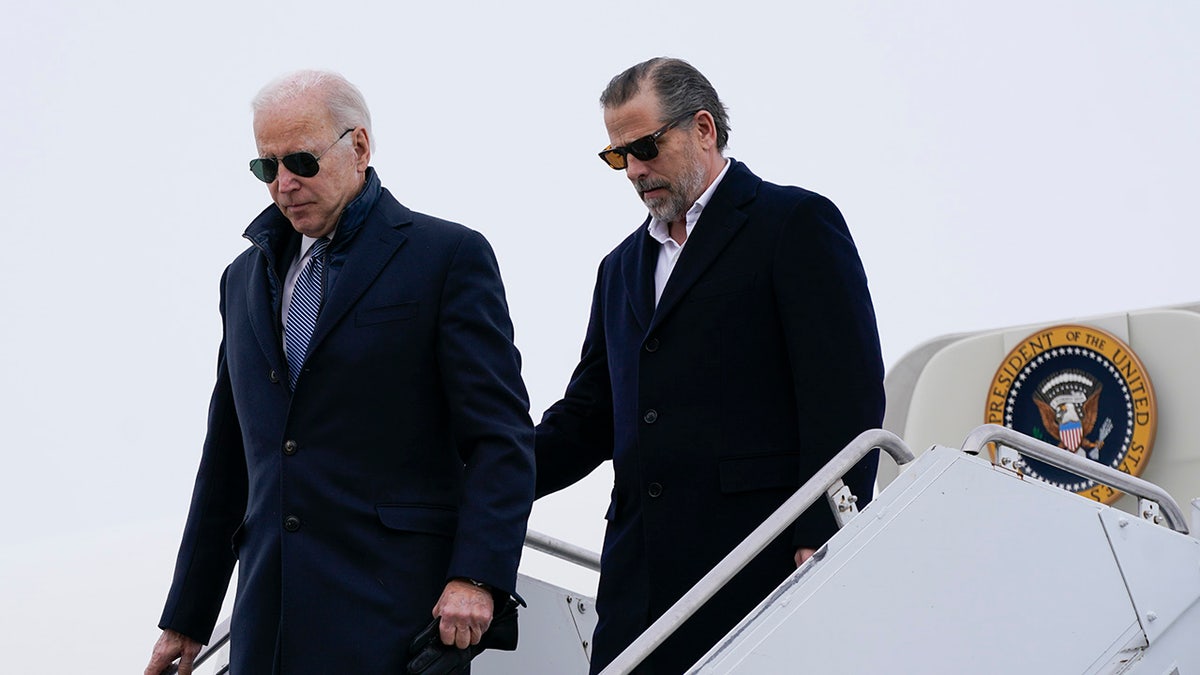Disagreements have surfaced within the Republican party regarding the best approach to extend the Trump-era tax cuts, set to expire at the end of 2025. House Republicans, particularly those on the Ways & Means Committee, are advocating for a single, comprehensive budget bill encompassing border security, energy, permitting, and tax provisions. They argue that separating the tax cuts into a second bill risks jeopardizing their passage, especially given the slim Republican majority in the upcoming Congress.
This concern stems from the belief that a smaller majority makes the bill more susceptible to delays or blockage by individual members. Waiting until later in the year to address the tax cuts increases the likelihood of them expiring, which would result in tax increases for many Americans. Proponents of a single bill emphasize the importance of maintaining these cuts to support economic growth and domestic manufacturing.

Conversely, some Senate Republicans, including incoming Majority Leader John Thune, favor a two-track approach. They propose addressing border security and defense in an initial bill, followed by a separate bill focused on tax policy. This strategy is based on the notion that tax legislation is more complex and requires additional time for deliberation. House Speaker Mike Johnson has also acknowledged the potential for two reconciliation packages, highlighting the complexity of tax policy.
However, proponents of a single bill question the rationale behind separating the tax cuts, arguing that extending existing provisions shouldn't require extensive time or consideration, especially given their established presence in the political landscape and their prominence in Trump's campaign platform. They contend that combining all priorities into one bill would streamline the process and increase the chances of success.
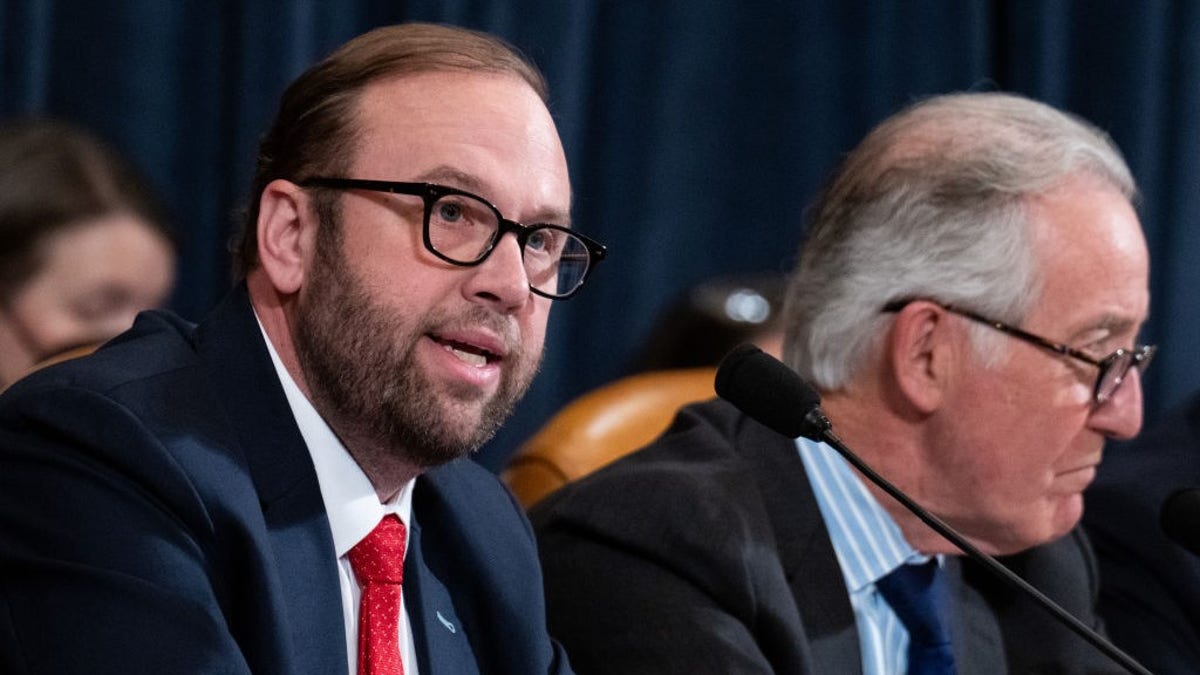
This internal debate highlights the challenges Republicans may face in advancing their legislative agenda despite controlling both chambers of Congress and the White House. The potential consequences of inaction include tax increases for American taxpayers. While some members remain optimistic about reaching a consensus, the differing viewpoints underscore the need for negotiation and compromise within the party to achieve their legislative objectives.
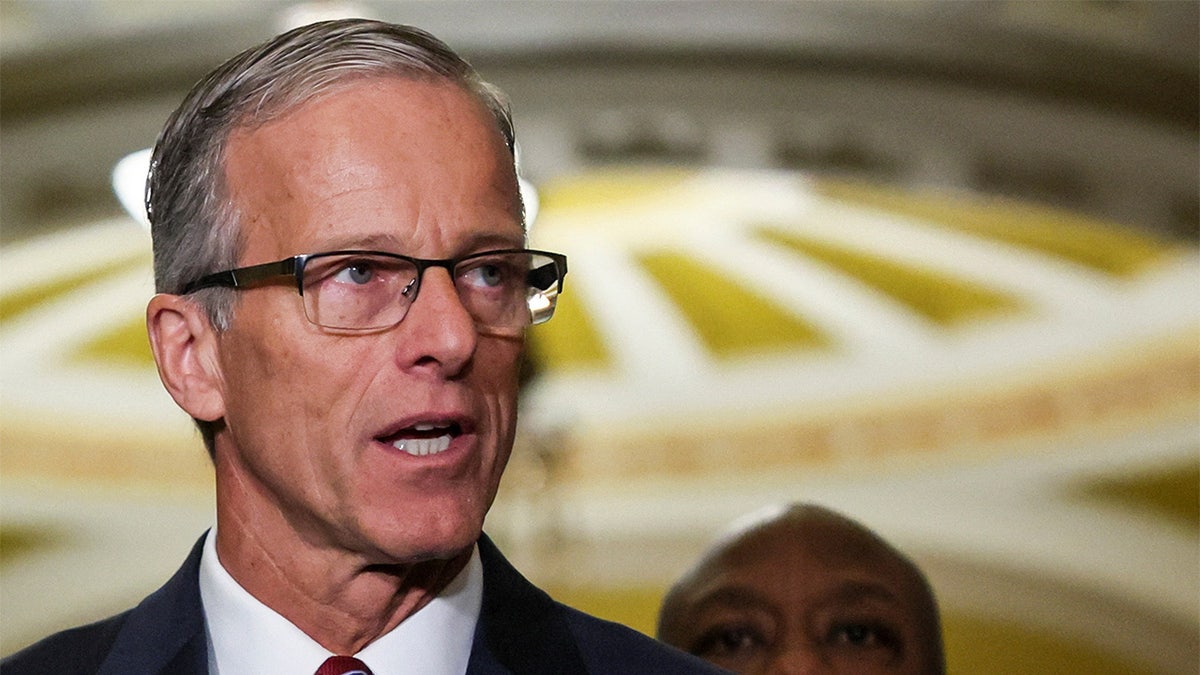
This internal debate foreshadows the legislative landscape of the coming year, highlighting the challenges Republicans face in unifying their agenda despite controlling both chambers of Congress and the White House.




